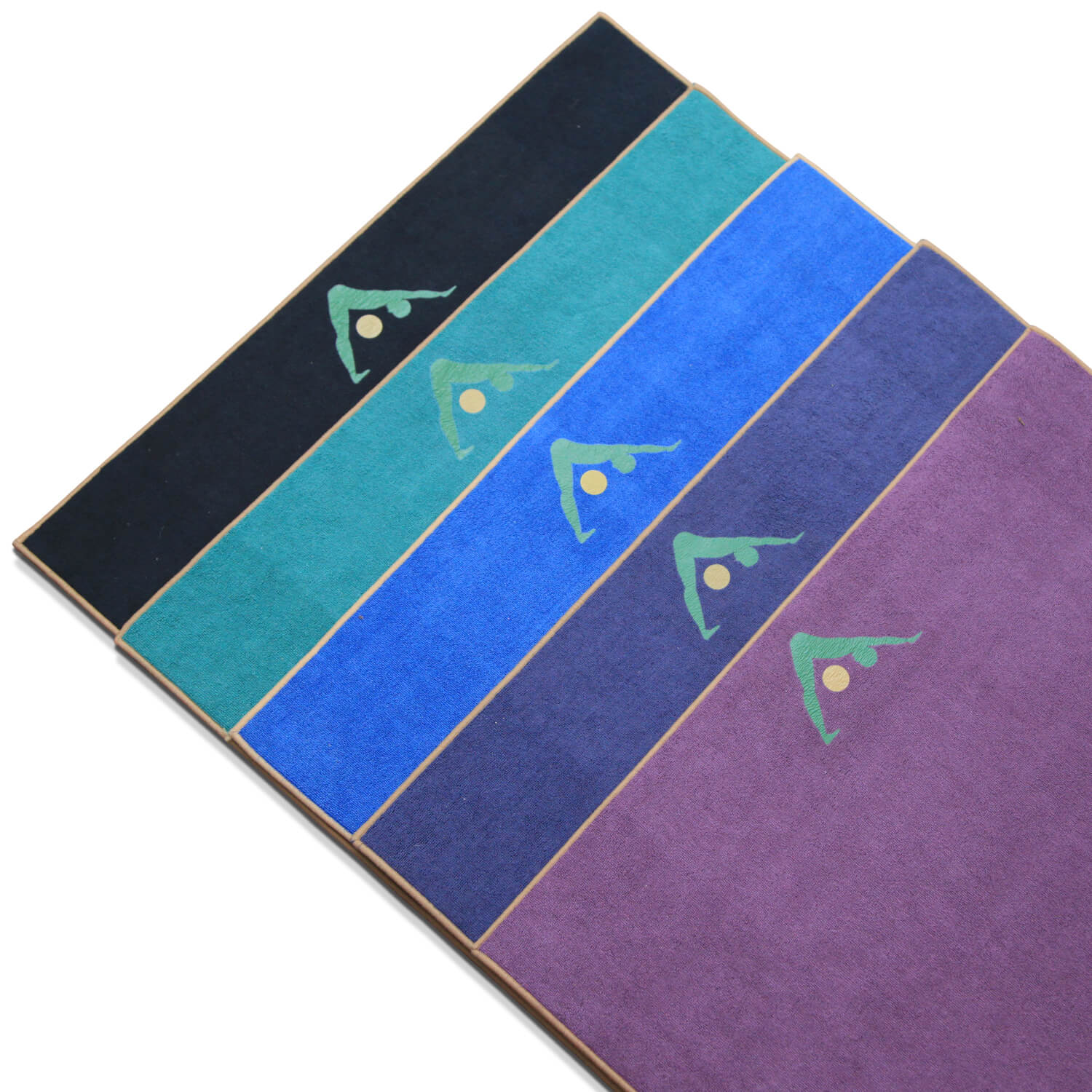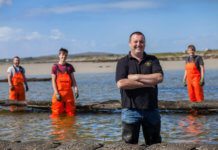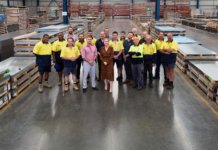Despite being enamoured with athletics as a young adult, Dennis Ingui never imagined he would have a second career growing his yoga accessories company into an Amazon success story. The Internet didn’t exist yet, and yoga was a world away.
Passion led the way on his entrepreneurial journey. Not long after retiring from the garment industry in his late 50s, Ingui was diagnosed with prostate cancer. He overcame the disease but not without struggling physically and mentally. After a life-changing surgery, he was left searching for life-affirming answers.
For Dennis Ingui, the answer is yoga, to which he credits the remarkable speed of his recovery. Not long after becoming a yogi, Ingui saw an opportunity to address an unfulfilled niche in the yoga accessories market. For the last 18 years, Aurorae has been a vehicle to share his passion with the world and make a profit at the same time.
We spoke with Dennis Ingui about the early days of e-commerce, the compatibility of yoga and entrepreneurship and what it means to innovate the mat.
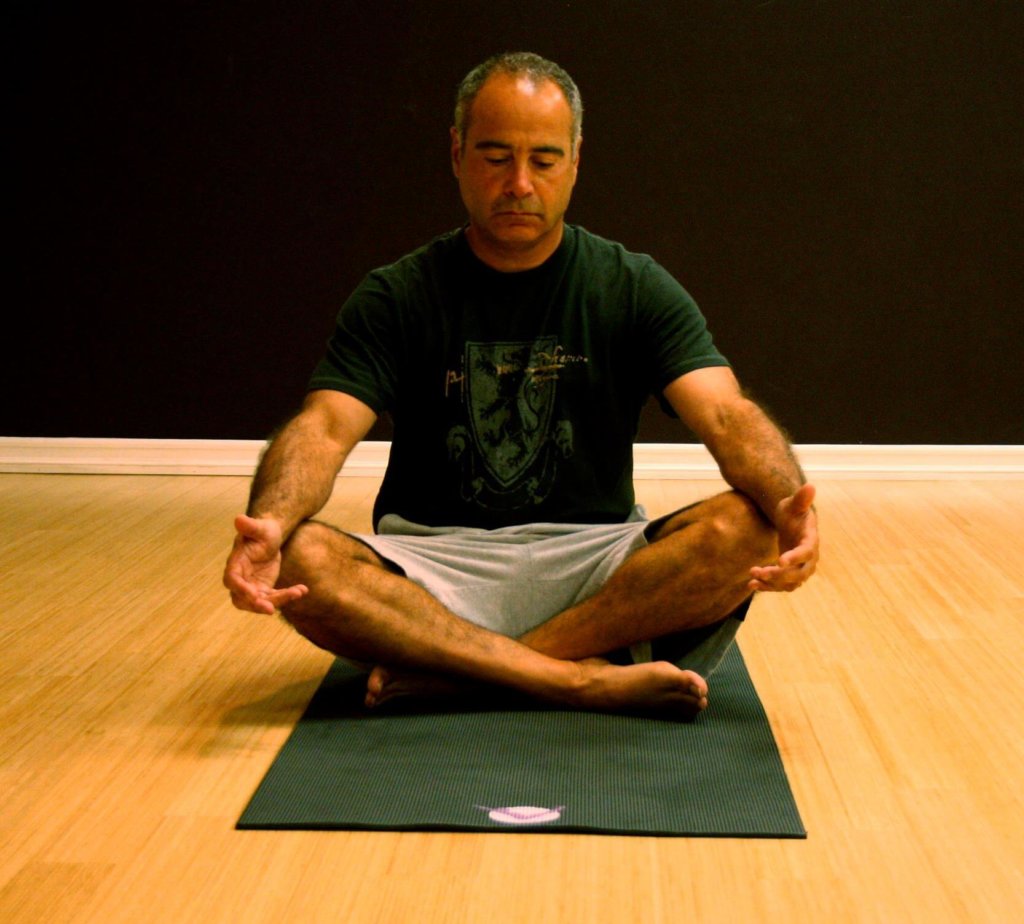
How did you enter the world of e-commerce?
I discovered the world of online sales when I was cleaning my house. I needed to get rid of some of my guitars. The first, sold on eBay, went to a buyer on an oil rig in the Philippines. I was intrigued by the endless possibilities.
Yoga mats were an obvious choice. Yoga is my passion, and I had experience selecting and working with fabrics, having previously owned and operated a business that manufactured jeans.
The first thing I did was look at the negative reviews on Amazon and eBay. I wanted to see what wasn’t working. If I could find a solution to the most common problems, I knew my products would sell on the Internet.
Slipping was, and still is, a common issue. I also noticed an incongruity in the market: there was no middle ground. Yoga mats were either pricey or very cheap – $10 or $100 and nothing in between.
To address the first issue, I found a company that produces rosin – the powder Olympic gymnasts and baseball players put on their hands to prevent slipping. I included a rosin bag with each mat, which sold for around $35 each.
Now, 18 years later, online sales account for the bulk of our business. We sell approximately 80 per cent of our products on Amazon.
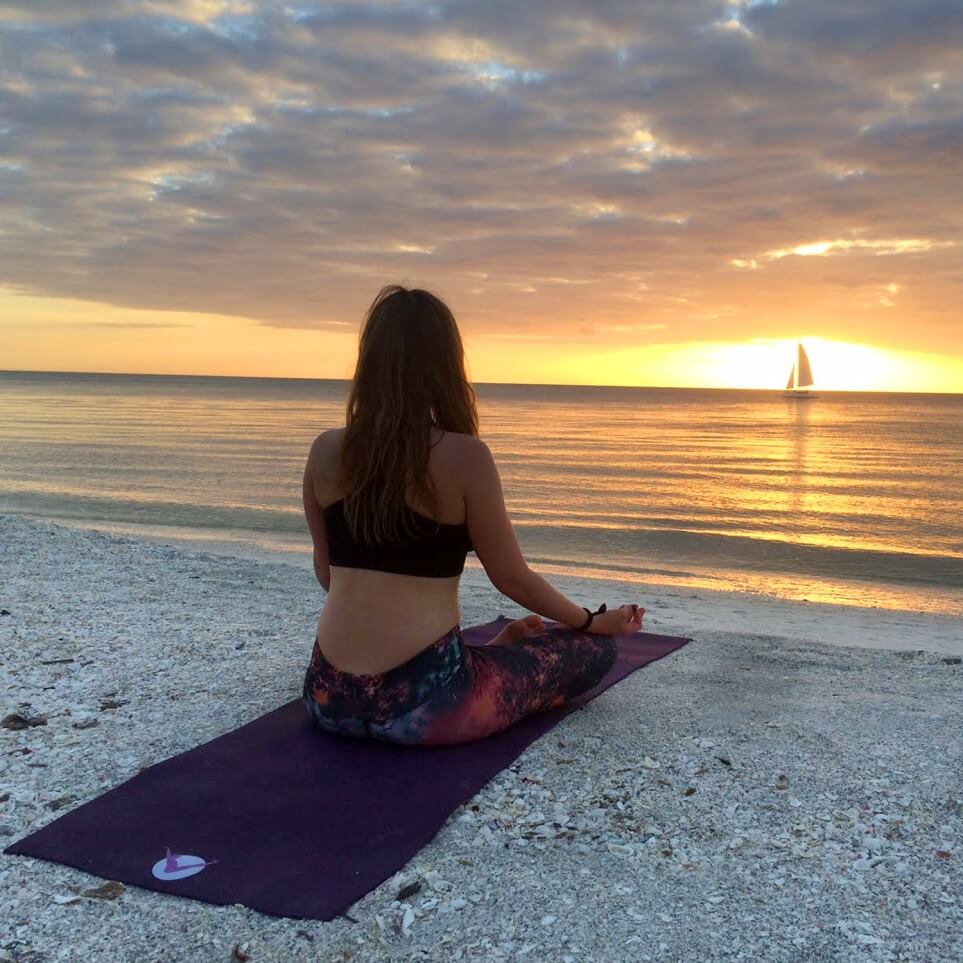
How did you define your brand on such a busy sales platform?
Our marketing analysis made it apparent that consumers need to relate to their mat. For many yoga practitioners, their mat is a personal object. Yoga defines them to a certain extent, and they spend a considerable amount of time on their mat. To add that personality, we attached meaning to each colour. For example, purple represents hope. After we gave the mats distinct character traits, our sales took off.
Applying that personalisation to customer service, which is something that I learned in retail, is another factor which differentiates Aurorae. I read our reviews daily – it’s valuable feedback that some might ignore. I flag even slightly negative comments and contact those customers to offer a solution. This is something we’ve done for almost a decade now. Our feedback ratings reflect that effort: 4.9 out of 5 on Amazon, with more than 11,000 reviews.
“…Regardless of how much time you spend on the computer, business is still about people; personality can be communicated online.”
Sometimes, entrepreneurs must act aggressively in business. Is this not antithetical to the philosophy of yoga?
I’m from the Bronx, and I grew up through athletics; I learned to be aggressive in how I approach things from an early age. To a certain extent, entrepreneurship does require you to be aggressive sometimes. However, harnessing the full potential of mind and body, something I learned through practising yoga, plays a much more significant role than controlled aggression – in entrepreneurship or otherwise.
Yoga is about becoming aware of how your mind works and continuously searching for ways to improve. I apply this to how we deal with customers every day. We work in the spirit of yoga. We’ve never denied a return, and we’ll replace a mat without any questions for two years after the purchase date.
Early on, I decided that Aurorae does not work with big-box department stores because, to me, it contradicts yogic principles. It is not who I want to be as a company.
In my work as a mentor at a New York college, I attempt to instil in my students a sense of entrepreneurship that incorporates self-reflection. I remind them that regardless of how much time you spend on the computer, business is still about people; personality can be communicated online.
How did you scale the business to keep up with the growing demand?
We still run the business out of the basement of our house. Distribution happens out of a warehouse in New Jersey. At the core of the business is my wife, myself and, Eileen Boh, who is in charge of Aurorae’s marketing. She started ten years ago when she was a student and has been with us ever since. Her contributions are tremendous; social media and online marketing, two pillars of our business, are not my strong suit.
“Trust is hard to build, and I wasn’t going to let them speak for me.”
How have you maintained Aurorae’s equanimous approach to business while dealing with Amazon?
Our relationship with Amazon is not without its challenges. A few years ago, Amazon changed their algorithms, and our sales suffered as a result. This downturn continued for about three or four years, and yet, we still made money.
The key to our success through this period was maintaining our price point, integrity and quality. We kept coming up with new concepts and never wavered when it came to our defining customer service. I refused to drop the price even when our competitors were doing so and Amazon was pushing us to follow suit.
I knew that if I did, they would start buying my product to resell, dropping the price even further. Their lack of attention to detail where customer service is concerned might have affected my brand. Trust is hard to build, and I wasn’t going to let them speak for me.
[ms-protect-content id=”4069,4129″]
“Innovation is an endless process. Regardless of industry or segment, consumer preferences are diverse and continuously changing.”
What does innovation look like in the yoga industry?
Despite the simplicity of a yoga mat – a relatively small product with only one use – there is endless scope for improvement. For example, we market a mat called Synergy, which, again, is designed to address slipping. Using a microfibre towel in conjunction with the mat is a common do-it-yourself solution, but it’s not ideal: the towel bunches.
I called our manufacturer and suggested bonding a microfibre towel to an Aurorae mat. After a number of tests, we found the right design. Now, we’ve patented the technology, and it’s become our bestselling mat.
We’re protecting our future through innovation. If you read the reviews on Amazon, that mat is at about 4.7 – it’s a phenomenal product.
Innovation is an endless process. Regardless of industry or segment, consumer preferences are diverse and continuously changing. For example, we market another mat made of natural Portuguese rubber. Not only does this improve the quality of the mat, but it also appeals to people who want to buy natural products.
What does the future of Aurorae look like?
I am optimistic that my wife and I will continue to run the business as long as we are both physically and mentally fit to lead. We don’t plan to sell the business. In fact, we recently cut back on some opportunities for expansion to keep the operation manageable.
For me, the important thing is not growth – it’s profit. I do not want profitless prosperity. By that, I’m referring specifically to making millions and millions of pairs of jeans and not making a profit. It makes no sense.
Aurorae’s journey in e-commerce, on the other hand, is wholly different. It’s changed my life, allowing me to share my passion, sustainably, with the rest of the world.
[/ms-protect-content]


